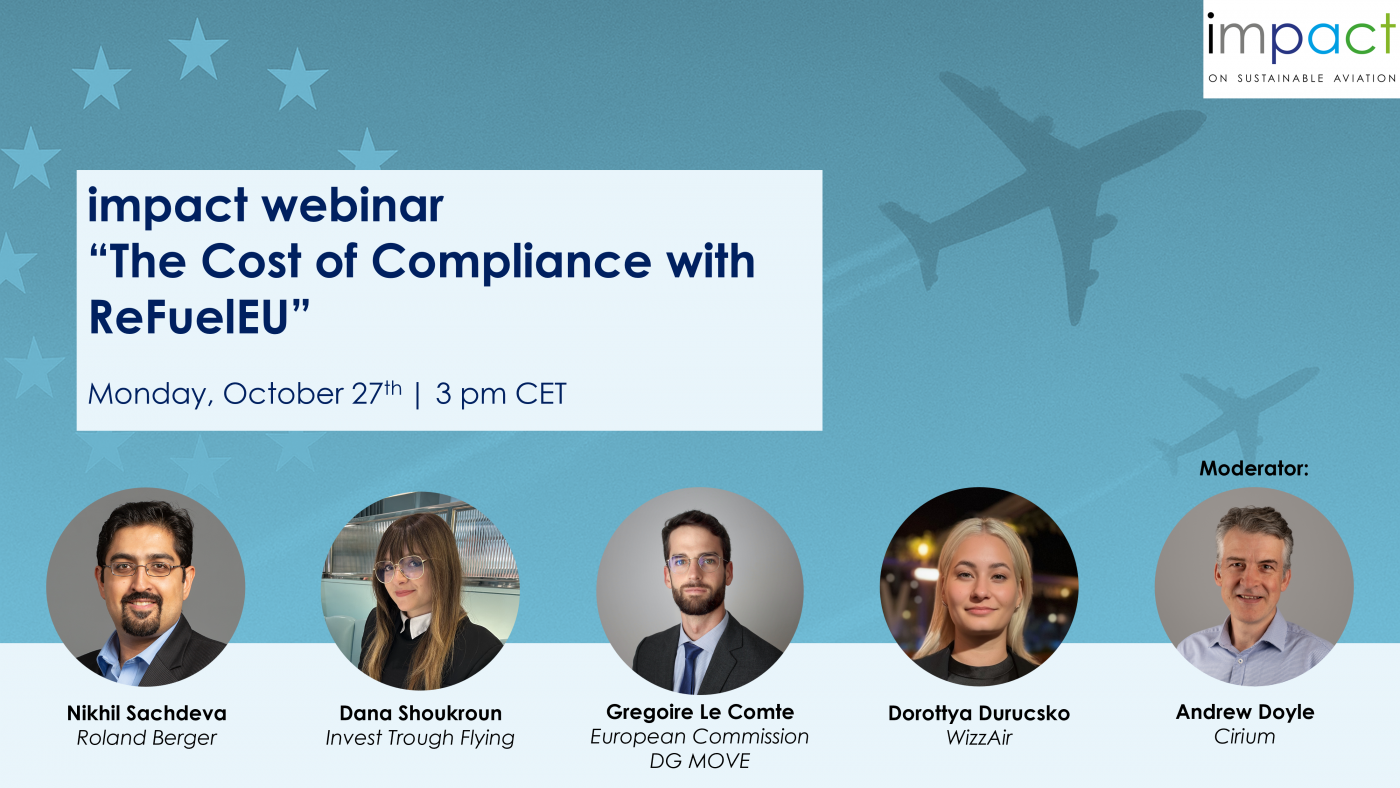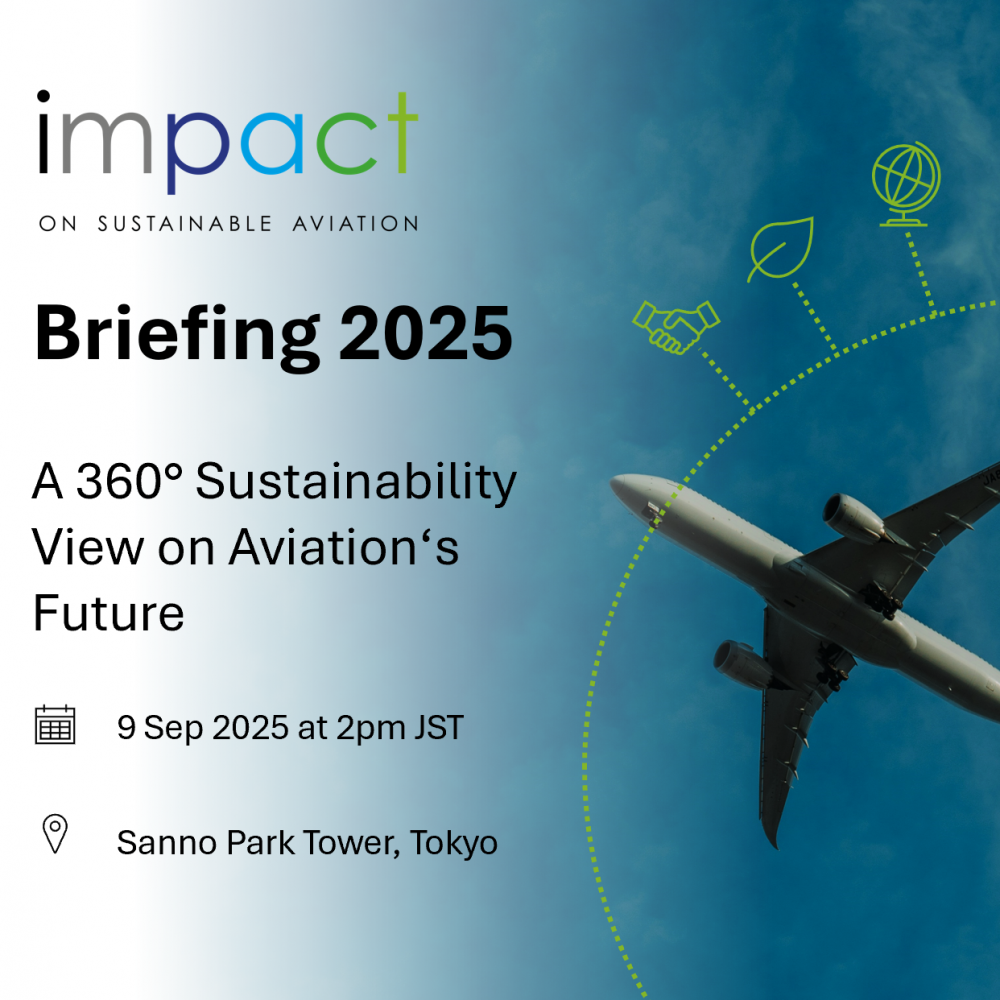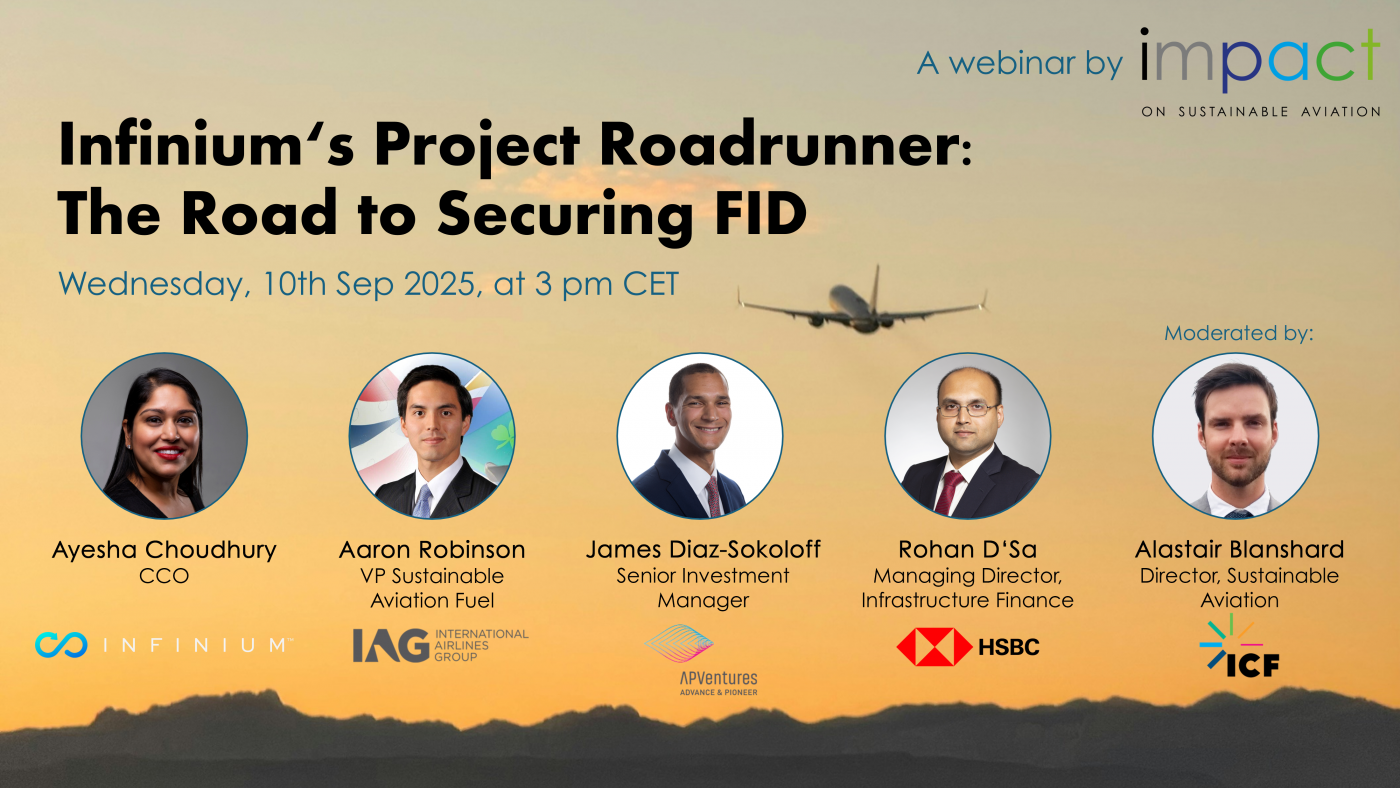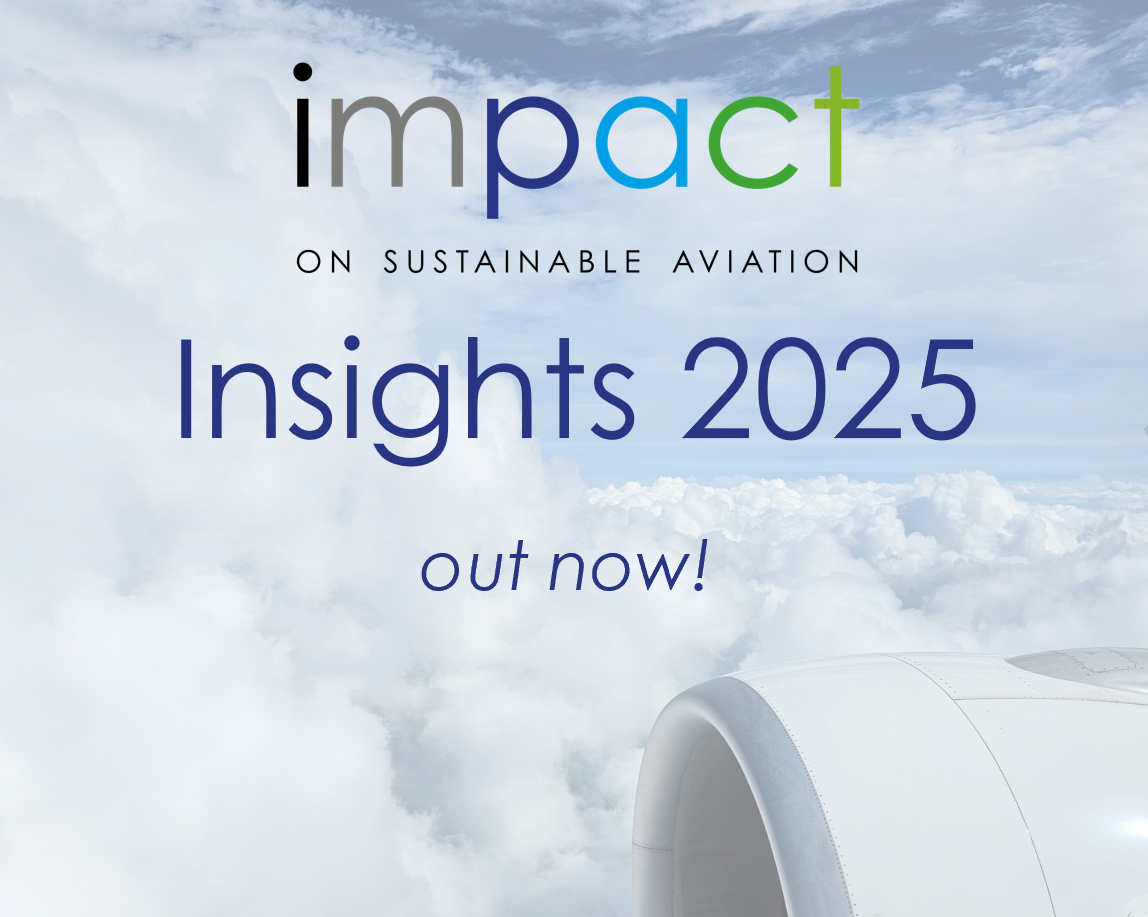Building Regional Partnerships to Unlock the Full Potential of Alcohol-to-Jet SAF – Insights from LanzaJet ✈️
We were delighted to sit down with Daniel Bloch, Director of Strategic Partnerships at LanzaJet, to discuss how Alcohol-to-Jet (AtJ) sustainable aviation fuel (SAF) can accelerate aviation’s decarbonization – and why regional partnerships are essential to unlock its full impact.
AtJ unlocks global potential: Ethanol can be sourced from a wide range of sustainable, non-oil-based, biogenic, and waste carbon streams – allowing regions worldwide to build their own advanced SAF ecosystems. Beyond emissions reduction, AtJ projects can deliver real regional economic value, strengthen agricultural systems, and even monetize ecosystem services.
Daniel stressed the necessity of “hyper-regionalizing” SAF ecosystems. This means building local SAF production and supply chains through close, strategic collaboration among farmers, policymakers, financiers, airlines, and technology providers. At the same time, he also highlighted the opportunities for the SAF market ramp-up through innovative book and claim systems.
To keep momentum and bring advanced SAF to scale, we need:
- Policies that carve out room for next-generation SAF
- Financing solutions for early project development
- Strong regional partnerships across agriculture, industry & aviation
👏 A huge thank you to Daniel for an inspiring deep dive into the future of advanced SAF.
Would you like to read the full article of this interview? Stay tuned – our “Year in Review 2025” report arrives in January 2026, full of insights shaping aviation’s sustainability transition.





